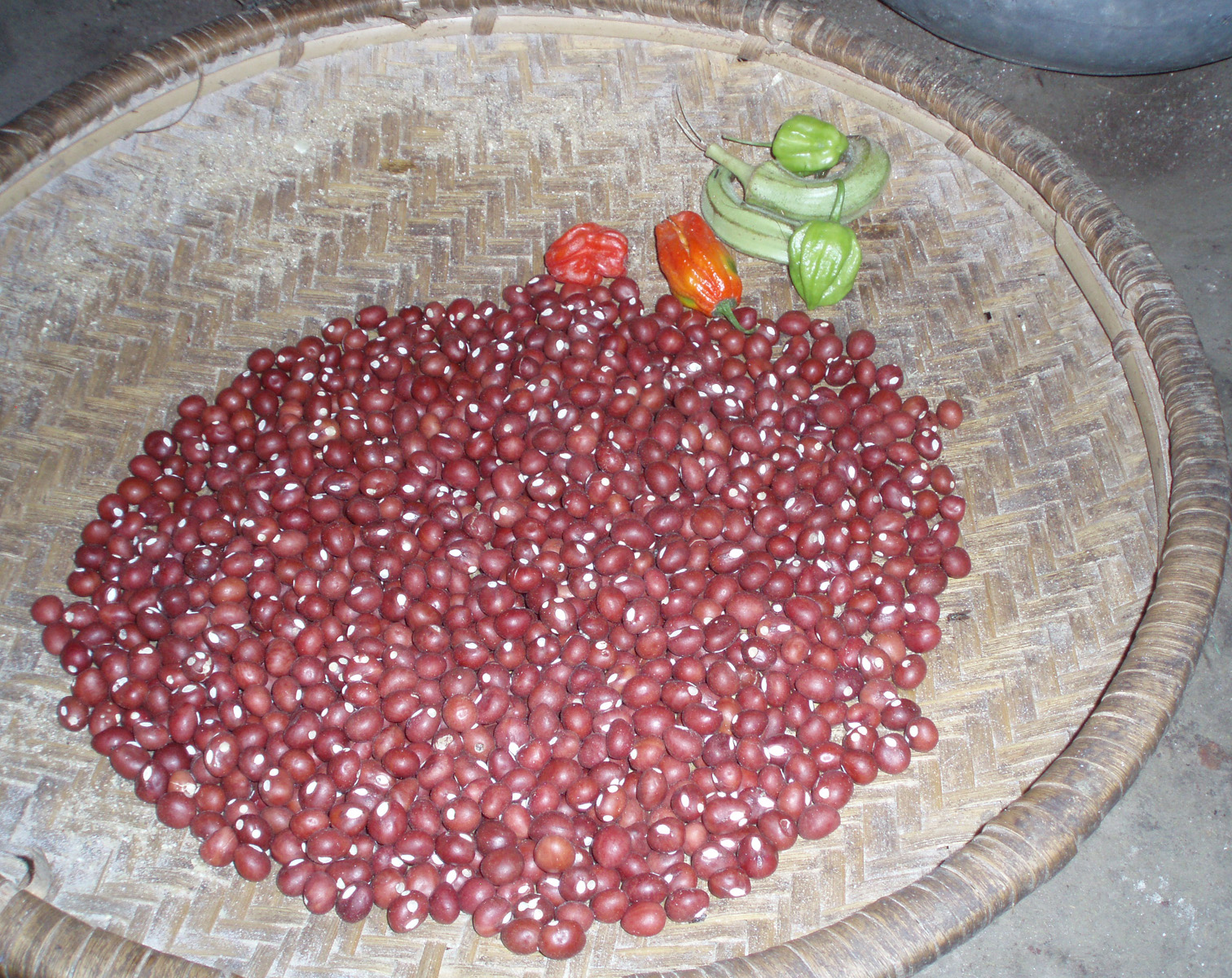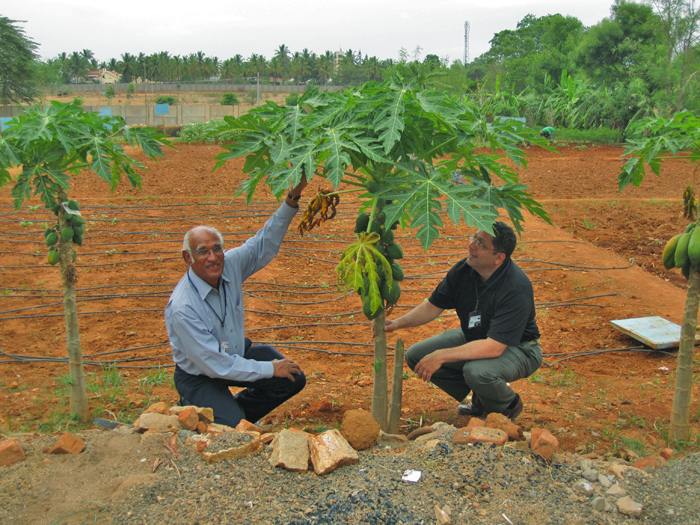Virginia Tech to improve agricultural training and education in developing world

Putting food on the table is a challenge for millions of people around the world every day. Surprisingly, according to experts, inadequate instruction in agricultural techniques is behind much of the deficit.
Virginia Tech has just received $6.2 million in federal funding to address this knowledge gap and modernize agricultural education systems. The program will train the next generation of agricultural professionals, helping developing countries feed themselves.
This venture, called innovATE (Innovation in Agricultural Training and Education), will help schools in the developing world improve their curriculum, strengthen administrative capacity, and build their infrastructure. It is funded by the U.S. Agency for International Development, and is part of the U.S. government’s Feed the Future initiative. The latter is a presidential initiative to tackle global “food insecurity” — a term used to talk about the complex of factors that cause hunger on a large scale.
Virginia Tech will lead the program, coordinating efforts by Pennsylvania State University, Tuskegee University, and the University of Florida.
“A well-educated and skilled workforce is essential to developing a productive agricultural sector,” according to Mike Bertelsen, interim executive director of Virginia Tech’s Office of International Research, Education, and Development, the unit responsible for managing the program.
To establish such a workforce, the four U.S. universities will work throughout the developing world with agricultural training and education institutions — from universities and technical schools to secondary and primary schools — to strengthen and modernize areas such as curriculum, pedagogy, finance, and administration.
Teams from the partnering universities will work together to address critical issues related to agricultural education in the 21st century, including climate change, drought, resource scarcity, and malnutrition. Since women are major food producers, preparers, and marketers in many regions of the world, the program will incorporate gender equity analyses and training sessions.
The commitment of the U.S. government to the Feed the Future initiative and educational reform is indicated by the scale of potential additional funding for innovATE. Up to $66 million in additional funds may be awarded to the program through associated awards by USAID missions and bureaus around the world.
“We are committed to improving educational systems around the globe,” says Tom Hammett, director of the new program and professor in the College of Natural Resources and Environment. “We are eager to build on our recent experiences in assisting educational institutions in Liberia, Nepal, Senegal, and South Sudan.”
Dedicated to its motto, Ut Prosim (That I May Serve), Virginia Tech takes a hands-on, engaging approach to education, preparing scholars to be leaders in their fields and communities. As the commonwealth’s most comprehensive university and its leading research institution, Virginia Tech offers 240 undergraduate and graduate degree programs to more than 31,000 students and manages a research portfolio of $513 million. The university fulfills its land-grant mission of transforming knowledge to practice through technological leadership and by fueling economic growth and job creation locally, regionally, and across Virginia.





